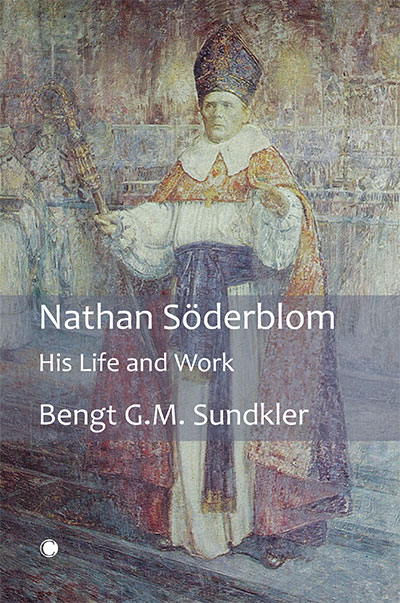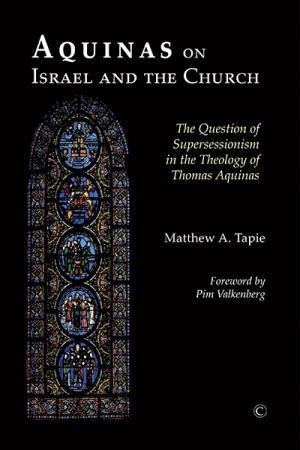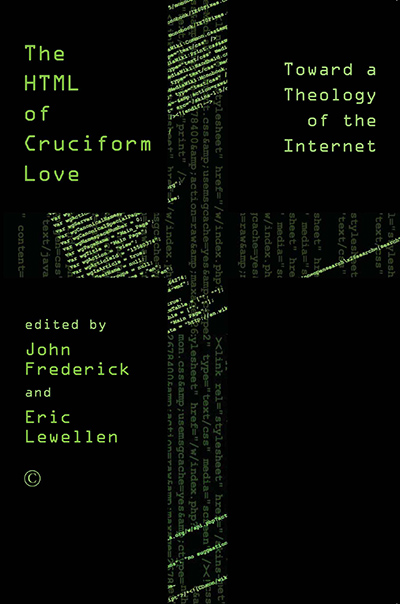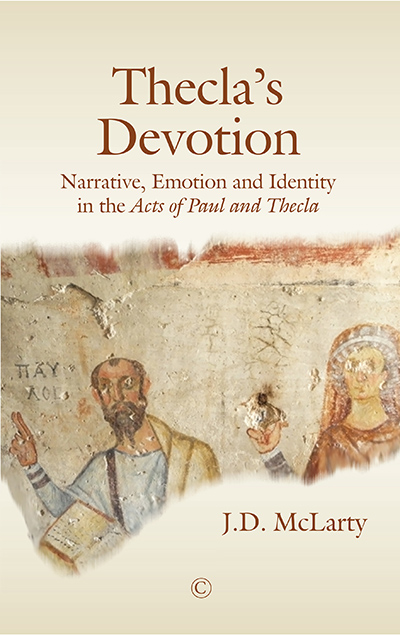Description
Nathan Soederblom (1866-1931), was not only a profoundly influential figure in Swedish church history, but also one of the great pioneers of the modern ecumenical movement. Elected Archbishop of Uppsala, the head of the Lutheran church in Sweden, in 1914, he was a ceaseless advocate for peace during the first world war. His collaboration with George Bell laid the foundations for intercommunion between the Church of Sweden and the Church of England.
Finally, in the year before he died, he was awarded the Nobel Peace Prize. Despite this, until this landmark biography he was largely neglected by historians, the subject of only a few partial studies. In Nathan Soederblom: His Life and Work, Bengt Sundkler corrects this, with new analysis of Soederblom’s meticulously preserved correspondence and interviews with his family, friends and former students. The resulting image is of a man deeply committed to his leadership of ecumenical projects, most significantly his movement of ‘Life and Work’, but also of a complex and fascinating personality.
About the Author
Bengt G.M. Sundkler (1908-1995) was a Swedish-Tanzanian church historian and bishop of Bukoba. His academic appointments included positions in Uppsala, Aberdeen and Tübingen. As well as his work on world Christianity and African church history, which included Bantu Prophets in South Africa (James Clarke & Co., 1948), he wrote several works on Nathan Söderblom.
Contents
List of Illustrations
Foreword
1. The Student
2. Pastor and Scholar
3. Professor and Pastor
4. Swedish Archbishop
5. The Archbishop and the War
6. Finding the Way
7. Uppsala and Catholicity
8. His Stockholm Conference
9. Great European
Some Important Dates
Index
Endorsements and Reviews
Each generation needs to write history based on its own horizon and pre-understanding, and therefore it is both reasonable and important that the historiography of previous generations is made accessible and remembered, but also that it is further developed. Bengt Sundkler’s biography can be read in parallel with later works on Söderblom, such as the above-mentioned biography of Jonas Jonson in which many details included by Sundkler are missing, but which in return presents Söderblom’s theology and philosophy in more detail and gives more space to the relationship to the Free Churches. Jonas Jonson is among the most experienced in the field of ecumenism in Sweden, and a good guide to Nathan Söderblom’s theological legacy in relation to other Christian communities.Magdalene Dahlborg in One in Christ, Volume 58, No. 1, 140-148pp., 2025.





